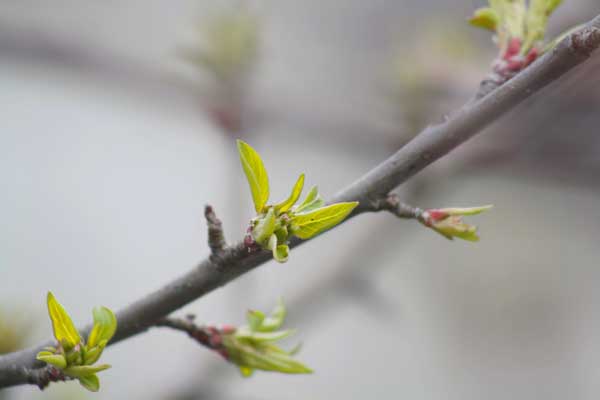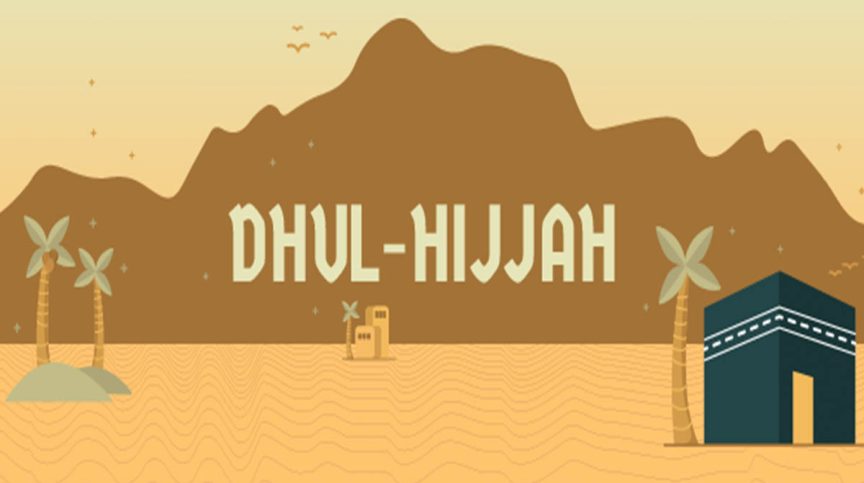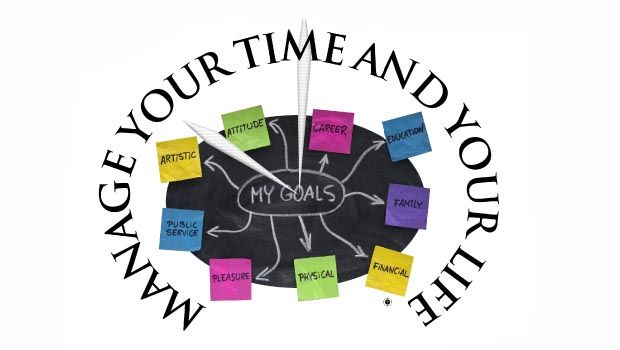“The duty of the man who investigates the writings of scientists, if learning the truth is his goal, is to make himself an enemy of all that he reads, and … attack it from every side. He should also suspect himself as he performs his critical examination of it, so that he may avoid falling into either prejudice or leniency.” You may have noted, correctly, that this is the proper approach to analysis of scientific findings, to either support or contradict those findings based, as much as possible, on logical and objective critique. Who is the source of the quote — was he a Greek, British, or an American scientist? Actually, his name is Ibn al-Haytham, a polymath. Also known as the father of modern optics. He was born in Basra, Iraq in 965 CE during the Islamic Golden Age.
Today, a renowned scientist writes: “…how many [Nobel prize winners] were Muslims? And it’s like one, maybe two…now, how many Nobel Prizes are won by Jews? It’s like the fourth of the Nobel Prizes…how many Muslims are there in the world. It’s like a billion Muslims. How many Jews? Fifteen million, tops. So, you do the ratio of these numbers; had Islam not collapsed in its intellectual standing in the year 1100 and you just do the ratios, they would have every single Nobel Prize today. So, the fact that it’s not only just a few but it’s near zero is deeply worrying. I am concerned about what’s lost. What brilliance may have expressed itself and did not in that community over the past thousand years.” That was not the thinking of a Muslim but of Neil deGrasse Tyson, the American astrophysicist.
Let me ask you now — did you ever pause and ask why the situation of Muslims today is in such darkness? Yet, during the Middle Ages Islamic civilization brought much light to Europe, in mathematics, medicine, astronomy, and more. Though Tyson correctly points to the consequence of the loss of the Islamic Golden Age, he was in haste to blame Imam Al-Ghazali for demonizing mathematics and triggering the decline. In fact, al-Ghazali had said the complete opposite: “Mathematics comprises the knowledge of calculation, geometry, and cosmology; it has no connection with the religious knowledge and proves nothing for or against religion; it rests on a foundation of proofs which, once known and understood, cannot be refuted.” Al-Ghazali also wrote: “Great indeed is the crime against religion committed by anyone who supposes that Islam is to be championed by the denial of these mathematical sciences. For the revealed Law nowhere undertakes to deny or affirm these sciences, and the latter nowhere address themselves to religious matters.”
Nonetheless, al-Ghazali warned the seekers of knowledge to be careful about, metaphorically, jumping into the ocean of knowledge unless they are well trained in swimming. But the Muslims of his time took the easy route to “cut the head to cure the headache” and instead of focusing on both Islamic foundational knowledge as well as natural sciences, they discouraged seeking knowledge about the natural sciences. What high costs human civilization is paying by having kept the multitudes of Muslims away from that light of knowledge. Now, how do we bring back that enlightened civilization that would bring good not only to the Muslims but also to humanity?
Other Western intellectuals have also wished for a strong Islamic civilization. Karen Armstrong, a well-known author of books on world religions, in her book Muhammad, A Biography of The Prophet, wrote: “Islam Isn’t going to disappear or wither away; it’d have been better if it had remained healthy and strong. We can only hope that it is not too late.” In fact, we ought to demonstrate far better than we do in every aspect of life. It’s a promise from Allah. “And thus We have made you a just community that you will be witnesses over the people…“ (Qur’an 2:143). So, if we follow what Allah has commanded of us, we should be the exemplar nation on this earth. But we are far from that.
Now the question we should ask is why our situation is like this. Contrary to the Islamic Golden Age that endured for close to a millennium, Muslims are now amongst the most backward and ignorant people in the world. Also, Muslims have become synonymous with being oppressed, and many times it is a Muslim regime oppressing their own people. The poorest of the countries in the world is Muslim, the most corrupted country is a Muslim country, the most backward country is a Muslim country, and the most persecuted people in the world are Muslims. Some of the causes of the collapse of Islamic civilization are that the society became more focused on materialism instead of spirituality and knowledge; there were, and continue to be, damaging political, social, and economic effects of long colonial rule; and among the masses of Muslims there has been complacency, loss of unity, religious extremism, etc.
Finding Our Way Out of Dysfunction and Malaise
It’s not enough to just analyze what we had and how we lost it. We need to find a way out of the current dysfunction and malaise. Make no mistake, all the wonders of the Islamic Golden Age didn’t just happen by themselves but were initiated and achieved by the Arabs from the Arabian Peninsula who were uncivilized and also discounted and largely ignored by the two great civilizations of that time: the Persians with 1,200 years of imperial history and the Romans with 900 years. A great civilization in Arabia, however, came into existence and in a short span of time became a dominant civilization that paved the way for the Islamic Golden Age. What was the instrument that sparked the light, bright enough to bring people out from the darkness of ignorance? Arabs were given only two things by Prophet Muhammad (s) — the Qur’an (revealed to him by Allah) and the Prophet’s sunnah.
That, by itself, guidance from a Divine source, enlightened the Arabs and taught them the fullest love of Allah and fear of Him alone; and so, they were launched to the heights of civilization for the next several hundred years. We are in great need of that Divine spark to release the dynamic of revival in our time. The revival could bring a great deal of material success in every aspect of life. But is that enough? What good would it be if we focus only on worldly success? The value and consequences of our efforts must be transferable to life in the hereafter. Our efforts must be relevant to the ultimate purpose of our life. After all, isn’t this worldly life negligible compared to the infinite life of the hereafter? The ultimate success of a Muslim ought to be success in the hereafter. And that’s the purpose of our life on this earth.
Purpose of Life
We believe that Allah has created us and, therefore we should look to Him for answers. Who would be better to answer why we were created than our own Creator? If we want to know the purpose of a machine we are unfamiliar with, we would ask the manufacturer of the machine. If we want to know how to use a new smartphone, we would look to the manufacturer of the phone. The manufacturer provides us with the user manual and specifications detailing the purpose of the machine or device and how to use it. We look into the user manual and find everything we need to know. Similarly, we need to look into the user manual of Islam, the Qur’an, to find answers to all our questions. Did Allah tell us why we were created and what the purpose of our life is? Yes, He did. Allah has created us to serve Him, and nothing else, i.e., ubudiyah (عبودية) — servitude to Allah. “And I did not create the jinn and humankind except to serve Me” (Qur’an 51:56).
There are countless ways we can implement ubudiyah. It has two parts: 1) the prayers and other rituals of worship and, 2) all other actions in this worldly life that are done for the sake of Allah. Part one is clear to most of us. So, let’s re-imagine a framework within which to implement the second part of the Ubudiyah: start with an oath that we will uphold the ubudiyah in our every action. After that we will trace the purpose of our daily activity back to the Qur’an and sunnah. That means that all of our intentions, words, and deeds are within the framework and criteria of what Allah has commanded and what He has forbidden. If we’re firm on that commitment, then we can start the journey of the revival in our time.
Part 2 of this series will focus on specific aspects of our transformation in our personal and collective lives that are required for revival.






